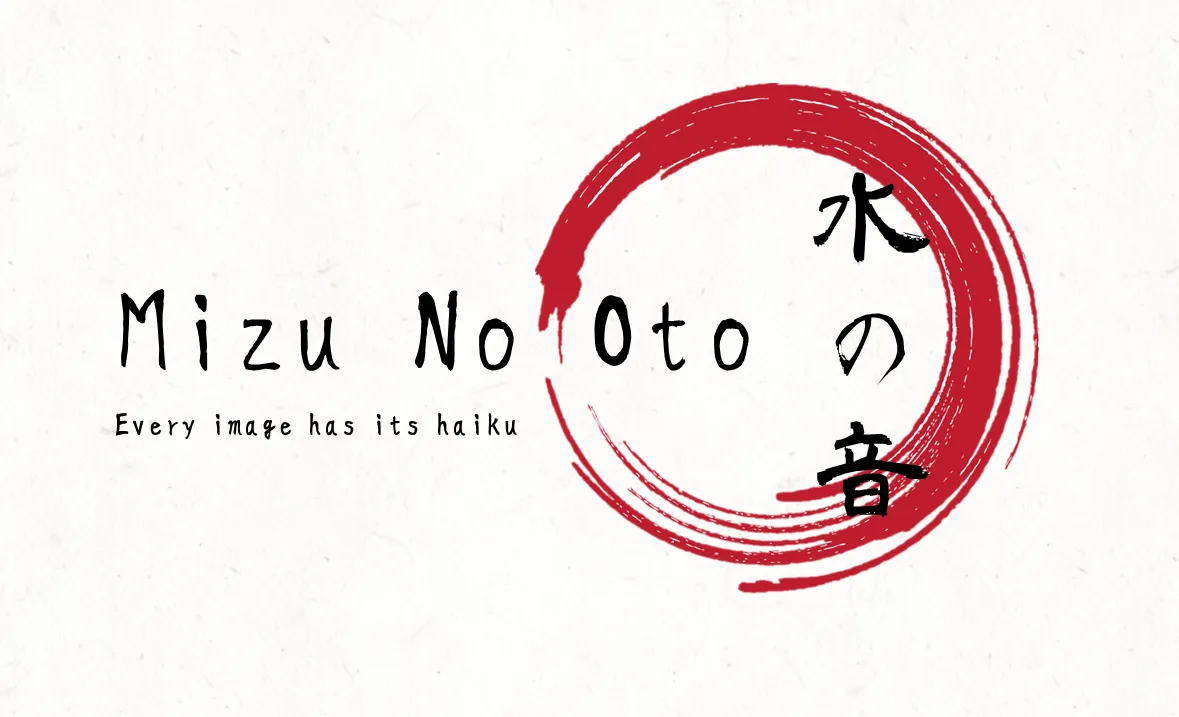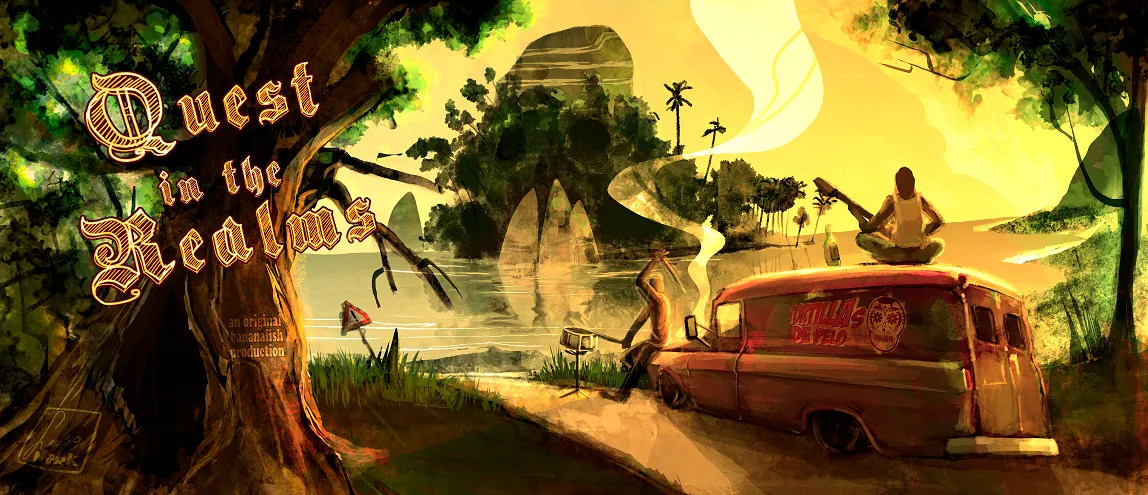
Banzai, merry company of haijin!
The 20th edition of Mizu no Oto – Every Image Has Its Haiku has come to an end.
This week we continued with the winter theme, even if we were cheating a bit. In fact, the photo was still referring to the Christmas period, and more specifically to school holidays (I took it an afternoon in a kindergarten where I worked in December, after the children had already gone home).
Among the 25 haiku received, there were many that were equivalent high quality, in my opinion: @ccaallvviinn, @evagavilan, @amigoponc, @darthgexe, @wakeupkitty, @charjaim, @mllg, @josegilberto… it is a pity not to be able to reward them all! A special mention to @felixgarciap, too, whose haiku impressed me a lot, pity only that it lacked kigo, otherwise it could have won.
In the end, however, we all won as usual, with the participation and the emotions given by all these haiku. Thank you!
Some news from the Potassium Realms:
Quest in The Realms crowned its champion! Are you curious to know the name? The proclamation post is out!
Speaking of Quest in the Realms, the treasure hunt may be ended, but the adventure is still playable, and it always will be:
Follow this link and start the adventure!


Here comes the winner of this edition!
Best Haiku award (3 SBI shares):
Empty, upturned chairs
Classroom decor fills the space
Winter's cold moves on
In spite of the fact 5/7/5 metric it disadvantages the English language a little, because it means that the haiku are always a bit "too full" of concepts (but I would like to go back to this topic again, in the future), there is no doubt that this is one of the best haiku this week. The concept of emptiness is very important for haiku poetics, and so it’s the way to suggest a thing without describing it, making it emerge by its absence (Ma 間). Tristan played well with this in the first and second verse, showing in the third the kigo and the movement, which is a good way to convey a sense of time passing and wabi-sabi.
Popular Choice award (1 SBI share):
Vive en espejos
la fría Navidad
De infancia ausente
**
It lives in mirrors
the cold Christmas
of absent childhood
[translation by Bananafish]
I totally agree with the voters: this haiku and the previous one are the best!
I apologize for having changed the translation compared to that provided by the author, but I find that this expresses better the correct sense of the original version in Spanish.
Here too we can experiment a great sense of Ma 間, and the mirror/window glass image is very original and poetic, but I let the profound reading given by @josemalavem in his comment explain this haiku better than me.
Our awesome winners achieve the right to decorate his footer with this exclusive and beautiful banner by @f3nix:

The banner is customizable with the name of the winner. Please, contact @f3nix on Discord or via comment if you like this option.
Best Comment Vote award (1 SBI share):
Se han presentado ejercicios que asumen interpretaciones un tanto disímiles del tiempo estacional que estaría registrado en la fotografía de @marcoriccardi: ¿apogeo o final del invierno? Esto, lejos de ser una desventaja, ha contribuido a dar visiones muy interesantes. Entre mis favoritos están los ejercicios de @wakeupkitty, @ccaallvviinn, @tristancarax, @solperez y @acostacazorla. Me inclino especialmente por los dos últimos, pues aprecio en ellos una carga muy poética, lo que hace difícil mi voto definitivo. Así, pues, me decido por dar mi voto a @solperez. Dando cuenta del tiempo en tránsito (Navidad), la visión del hablante se deja tomar por una nostalgia profunda: la de la infancia ausente, que se manifiesta como imagen denotativa y a la vez connotativa, es decir, metafórica; pero, más aún, esa visión es presentada por medio de una imagen muy significativa y hermosa: temporalidad y nostalgia se experimentan como un reflejo: "vive en espejos", que aludiría a los cristales de las ventanas, pero, sobre todo, al destello de la luz sobre la mesa.
**
Exercises have been presented that assume interpretations somewhat dissimilar to the seasonal weather that would be registered in the photograph of @marcoriccardi: peak or end of winter? This, far from being a disadvantage, has contributed to give very interesting visions. Among my favorites are the exercises of @wakeupkitty, @ccaallvviinn, @tristancarax, @solperez and @acostacazorla. I am inclined especially for the last two, because I appreciate in them a very poetic charge, which makes my final vote difficult. So, then, I decide to give my vote to @solperez. Noting the time in transit (Christmas), the view of the speaker is left to take a deep nostalgia: that of the absent childhood, which manifests itself as denotative and at the same time connotative, that is, metaphorical; but, moreover, that vision is presented through a very significant and beautiful image: temporality and nostalgia are experienced as a reflection: "live in mirrors", which would refer to the windows, but above all, to the flash of light on the table.
[translation by Bananafish]
Master José reflections are always a great pleasure to read. The critical analysis of @solperez haiku is very poignant and I couldn’t agree more with him.
Domo arigato gozaimasu to all the other participants, not previously mentioned in this post. You are the backbone of this contest. Keep on writing haiku!
@salvao, @manoldonchev, @yujomar, @lecumberre, @oacevedo, @javert68justice, @sayury, @flordi, @acostacazorla, @darruiz, @naylet, @theironfelix, @agmoore
See you tomorrow with Edition #21!
Your potassium charged haiku stimulator

[banner credit: @f3nix]

